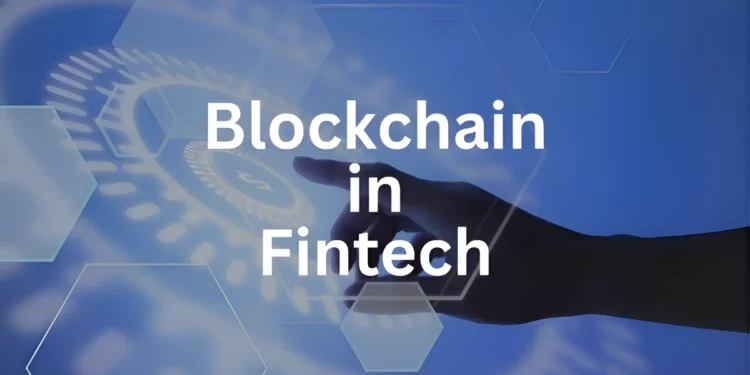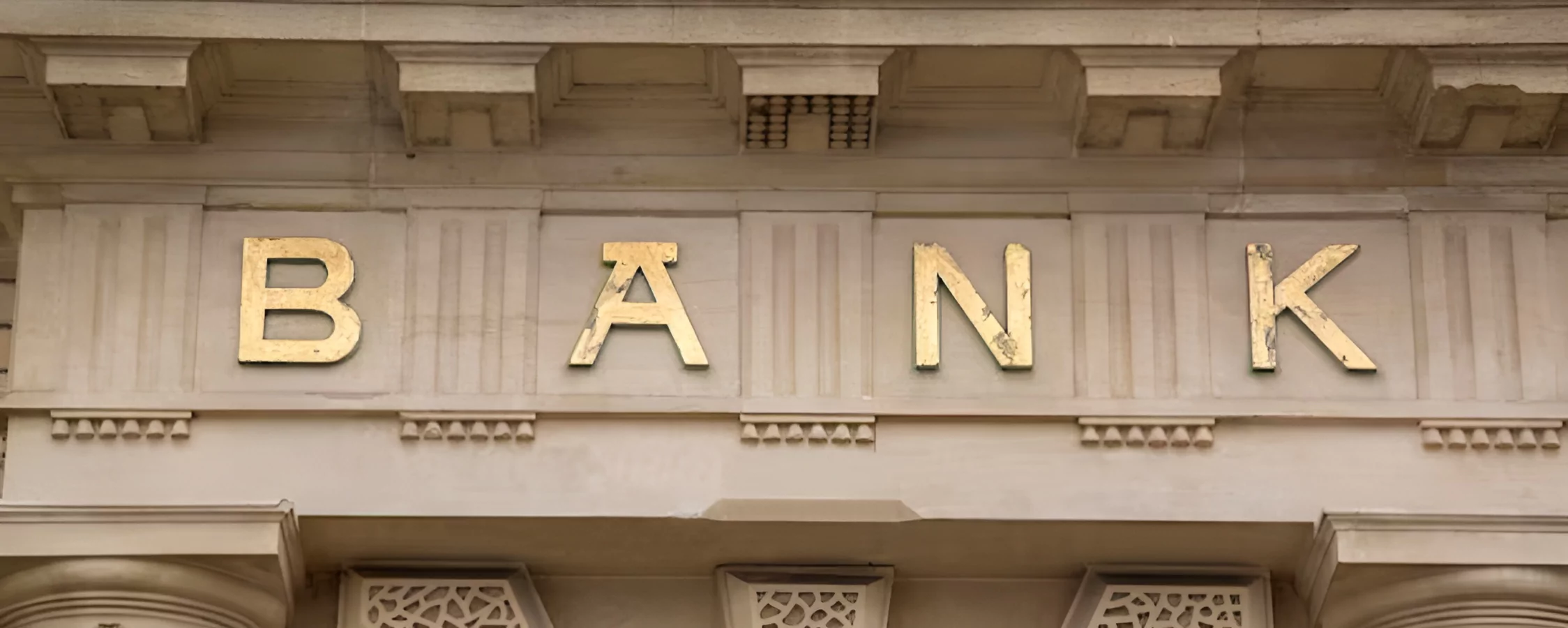Blockchain technology has the potential to significantly impact the financial services industry. This article will explore some of the major applications of blockchain in fintech. From facilitating payments and capital markets to transforming lending, insurance, and other areas, blockchain appears well-positioned to streamline processes, reduce costs, minimize risks, and promote greater financial inclusion through innovative decentralized solutions.
What Are Blockchains?
Fintech could undergo an enormous shift due to blockchain technology. At its core, blockchain is a distributed digital ledger that can record transactions in a verifiable and permanent way. It uses cryptography to allow participants on a network to securely validate transactions without the need for a central authority.
The first mainstream application of blockchain was Bitcoin, using it as the public transaction ledger for the cryptocurrency. However, the technology extends far beyond just digital currencies. Its key characteristics like security, transparency, and decentralization can be applied in many other areas of finance and beyond. Let’s explore some major use cases of blockchain across various segments of fintech.
What Are The Applications of Blockchain in Fintech?
Blockchain technology has the potential to significantly disrupt the existing financial services industry through the decentralization of processes and disintermediation of centralized authorities. Its distributed ledger model brings unprecedented transparency, security, and efficiency to transactions. While mainly known for facilitating cryptocurrencies like Bitcoin, blockchain has numerous applications across different parts of fintech. The following are the main applications of blockchain in forex:
What Are Blockchain Applications in Payments?
Cross-Border Payments. One area ripe for disruption is cross-border payments, where blockchain can minimize costs and processing delays. Currently, international money transfers between banks take 2-5 days on average to clear, incurring high fees of 5-10% per transaction due to the involvement of multiple intermediaries. Blockchain networks like Ripple enable near real-time cross-border settlements through a decentralized exchange of digital assets, cutting costs to mere fractions of a cent.
Digital Payments. Blockchain can make sending digital money across borders as easy as email. Cryptocurrencies like Bitcoin built on open, global payment networks offer a cheaper alternative to wires or credit card swipes with swift, peer-to-peer transactions. More recently, stablecoins pegged to real-world assets are being used for commercial payments on networks like Algorand, with the potential to challenge the hegemony of traditional payment processors by providing borderless interoperability. Their programmable capabilities also facilitate new payment types like crypto loans, subscriptions, etc.
What Are Blockchain Applications in Capital Markets
Securities Settlement. Post-trade activities like securities clearing and settlement traditionally take 2-3 days, exposing participants to counterparty credit and settlement risks. Blockchain can eliminate this lengthy process through Distributed Ledger Technology (DLT) by enabling atomic peer-to-peer settlement in hours.
Trade Finance. Documentary trade relies on mountains of paperwork flowing across borders, with parties trusting manual processes prone to errors and fraud. Smart contracts on blockchain automate conditional payments and reduce paperwork, cutting trade finance costs by up to 30% according to industry estimates.
What Are Blockchain Applications in Lending?
Alternative Financing. Peer-to-peer lending marketplaces like LendingClub connect borrowers directly with investors but still involve middlemen and manual underwriting. Blockchain startups are bringing transparency and streamlining origination by leveraging borrower data on distributed credit scores. Projects like Figure are even issuing loan-backed crypto tokens on Ethereum for fractional investment, expanding access to alternative sources of capital for businesses. Smart contracts automate conditional repayments, mitigating default risks for investors.
Decentralized Finance. DeFi takes disintermediation a step further by eliminating centralized intermediaries using blockchain-based smart contracts. Protocols enable frictionless cash flows through services like lending, borrowing, and interest/yield-bearing accounts with no downtime or censorship risks.
What Are Blockchain Applications in Insurance
Claims Processing. Processing insurance claims traditionally relies on paperwork that gets lost. Insurers are exploring how immutable claims records on blockchain with IoT device data can streamline processing through automated smart contracts. This slashes processing times and costs for valid claims, freeing capacity to focus on anomalies. Startups like Anthropic are even developing AI assistants to triage claims on a blockchain backend for faster payouts.
Parametric Insurance. Blockchain brings transparency to “if-this-then-that” parametric insurance whose payouts depend on indexed parameters like weather readings instead of losses. Smart contracts evaluate objective sensor data right after an insurable event, immediately releasing funds with no human assessments.
Other Key Applications
Supply Chain Management. Tracing goods across multiple supply chain nodes leaves trails vulnerable to tampering or theft. DLT provides a single source of truth for immutable item records, whether produce, diamonds, or medications. Smart contracts automate conditional payments while sensors integrate objective data at each touchpoint.
Identity Management. Self-sovereign digital identities and verifiable credentials issued on blockchain serve as reliable virtual passports for KYC onboarding online. Smart contracting enables privacy-protecting attestations about one’s attributes without centralized repositories vulnerable to hacks or mission creep. Blockchain identities facilitate seamless, trustworthy access to services.
Voting. Secure, auditable online voting systems can dramatically expand participation using cryptography to ensure one vote per person without exposing voter choices. Smart contracts automate ballot tabulation and storage of immutable election records, eliminating risks of tampering faced by traditional electronic and paper-based methods.
Conclusion
Blockchain’s distributed trust infrastructure uses decentralization, lower friction, shared open data, and automated procedures to address issues across finance, from payments to lending, insurance, and markets. Applications of it are transforming transactions with more transparency, trust, accessibility, and financial inclusivity. Blockchain’s impact on fintech is expected to accelerate in previously unanticipated ways as the technology matures with evolving privacy, scaling, and regulatory solutions.













